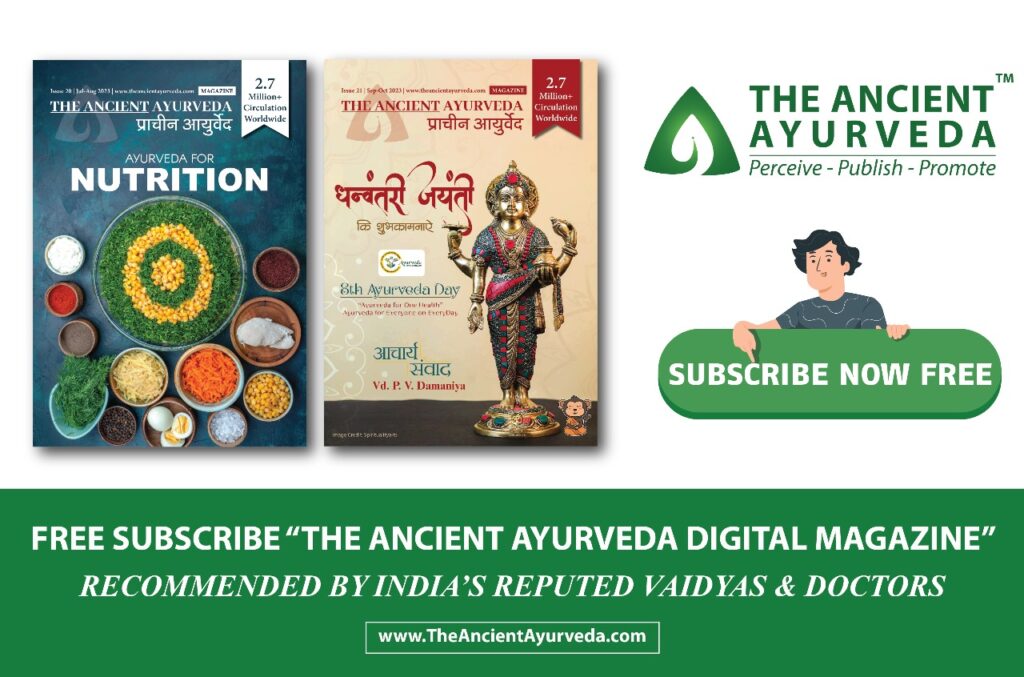Nimba or the Neem tree (Azadirachta indica Juss.) is one of the most versatile medicinal drug that has gained worldwide acceptance due to its medicinal as well as insecticide properties. Neem was identified by WHO/UNEP 1989 as an environmentally powerful natural pesticide and is considered as one of the most potential drug of 21st century for its pest management, environment protection and medicinal properties. Usually neem trees grow in sub arid and sub humid areas of tropical and subtropical regions and it is very common in all parts of India. In Ayurvedic medicine, Nimba (Neem) is used traditionally from a very ancient period for varieties of ailments like skin disorders, fever, wound healing, diabetes, bleeding piles, boils, eye diseases, urinary stones, jaundice etc. The drug possess antimalarial, antipyretic, anti-inflammatory, anti-helminitic, antiviral properties. Therapeutically all the basic part of neem are made use of like the leaves, bark, fruits, flowers, seeds which proves to be effective in different types of ailments.
Skin Disorders: In skin disorders, the juice extracted from the leaves of neem if taken for a month will help to cure the disease within one month if the person abstains from unwholesome diet.
Wound: If the wounded parts of skin are eaten by the maggots, it is cleaned and a paste made from the powder of neem bark and Embelia ribes fruit which is mixed in cow’s urine and applied externally.
Diabetes: Decoction of neem is efficacious in treating early stages of diabetes.
Urticaria: By the regular use of the leaves of neem and amla mixed with ghee will alleviate urticaria and skin disorders.
Jaundice: Person suffering from jaundice should take cooled decoction of neem along with honey in morning.
Vaginal Disorders: Washing frequently with decoction of nimba and also fumigating with the bark will make vagina free from foul smell and sliminess.
Fumigation: Leaf, roots, flowers, fruits and bark of nimba mixed with ghee are used for fumigation to eradicate microbes.

